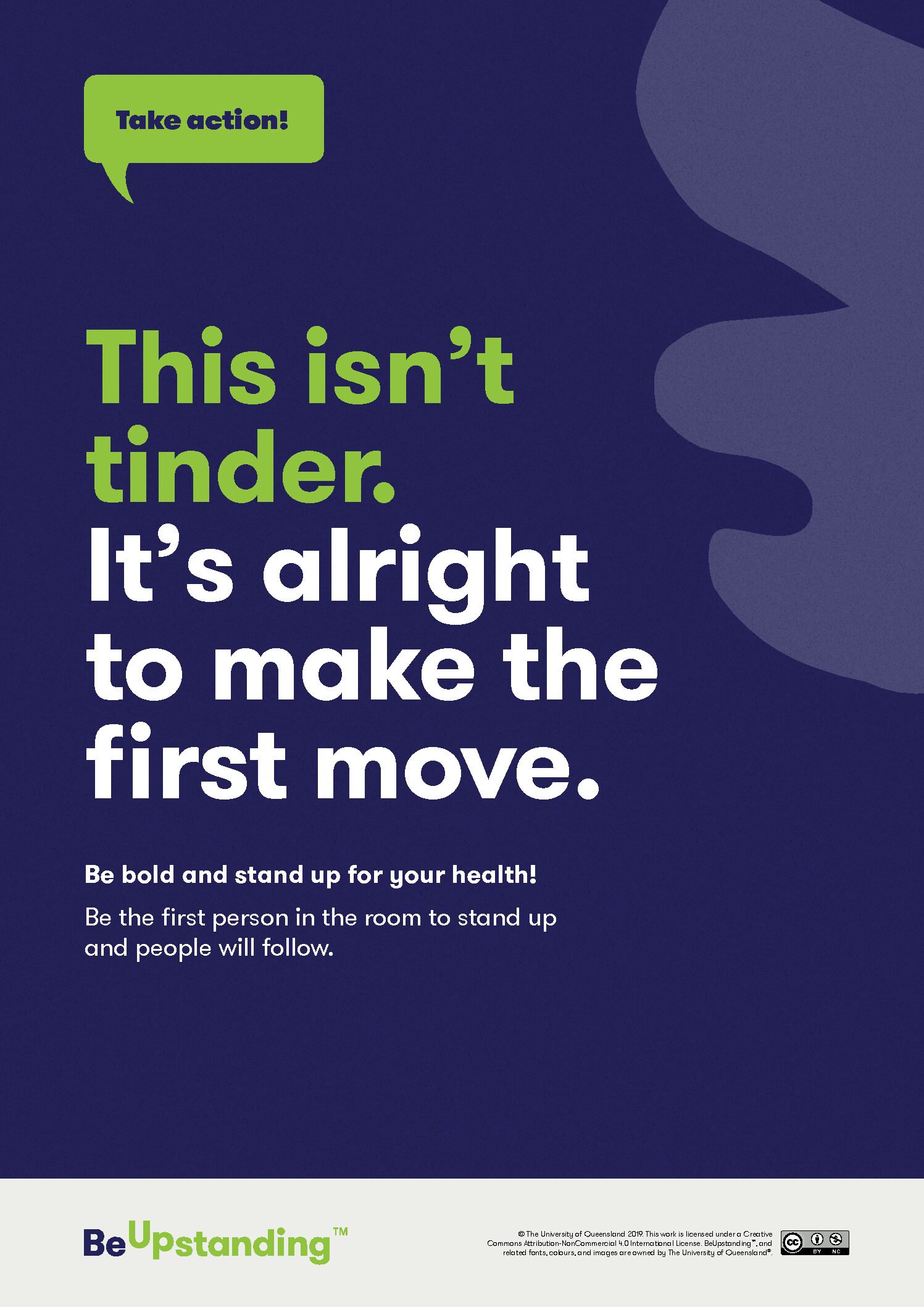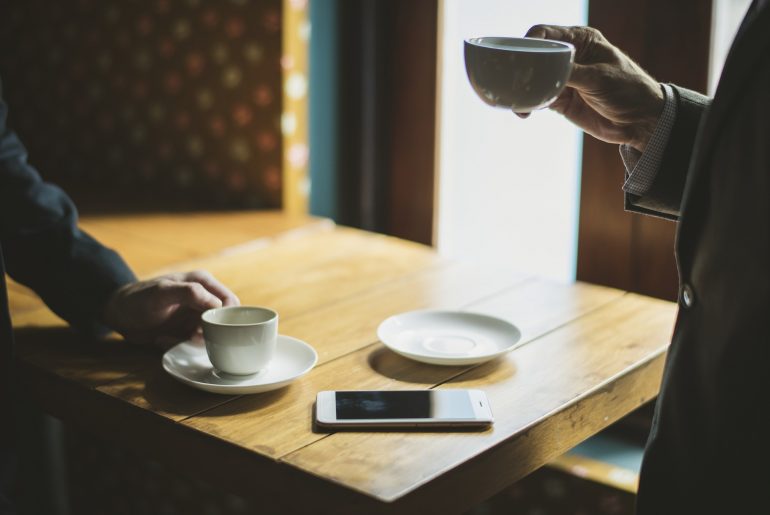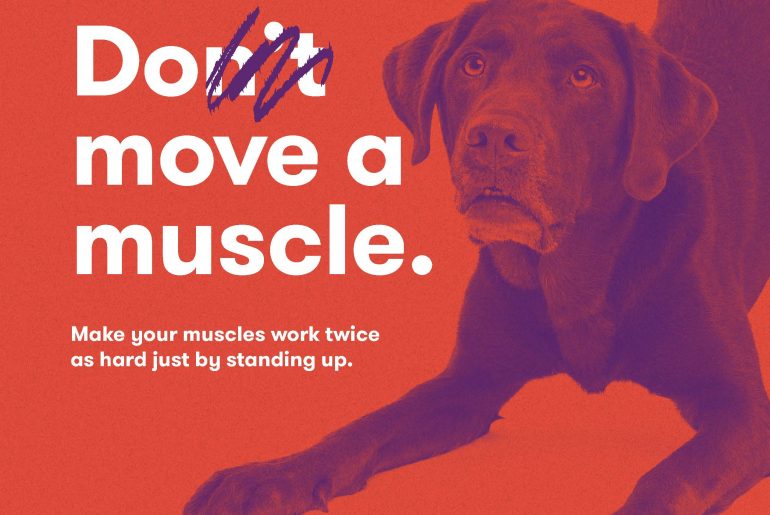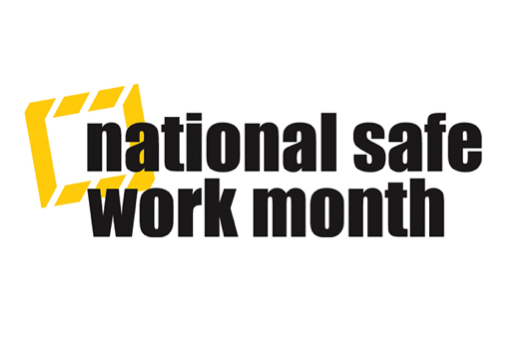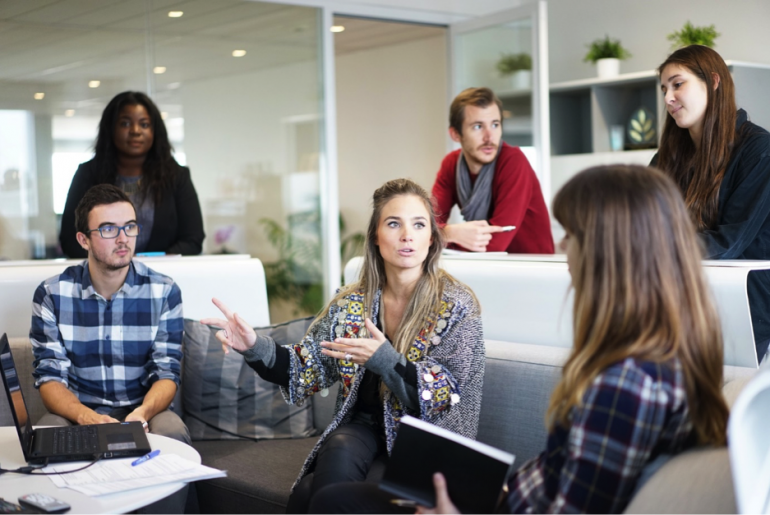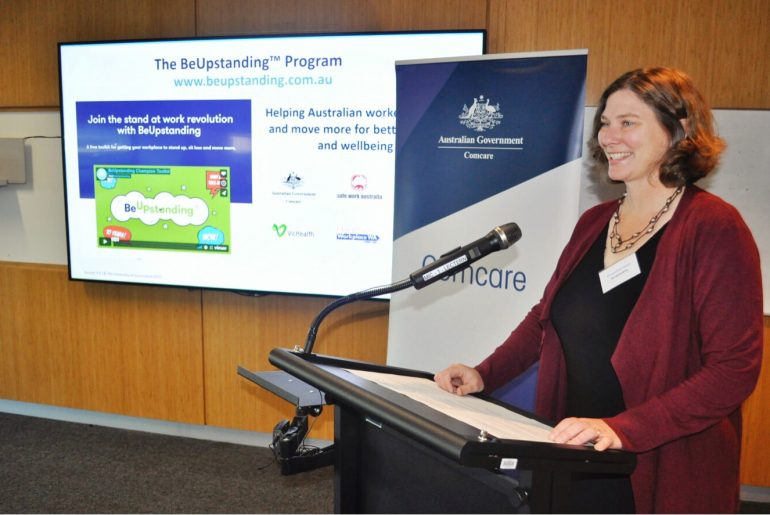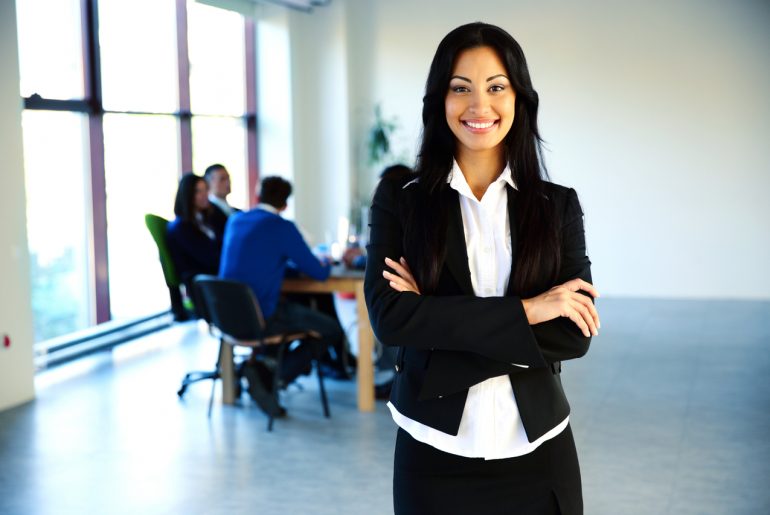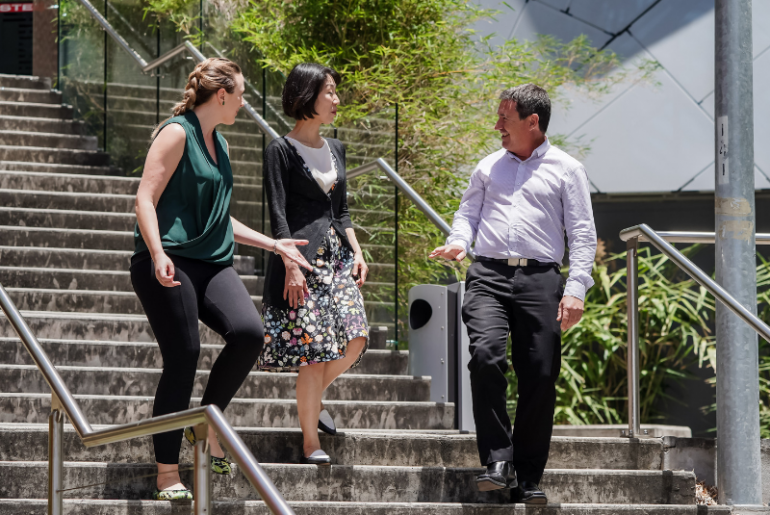One of the Academic partners on BeUpstanding – Baker Heart & Diabetes Institute – has put together some fantastic resources and fact sheets to help people keep it moving during the pandemic. Below is a snip from their healthy adults fact sheet. They also have fact sheets for people living with heart disease, people living with diabetes, people living with cancer, and older adults. This is just the start of a series of blogs and resources we will be providing to you through our BeUpstanding blog as we adjust to these extra-ordinary times. Stay safe, stay well, be kind – and, if you can – BeUpstanding.
Stand Up & Stand Out for All the Right Reasons
Making the first move to engage in standing behaviours and to promote a standing work environment can be intimidating as your team is challenging social norms ingrained over a lifetime of seated environments. That is why week 3 of our BeUpstanding program focuses on raising awareness and challenging these social norms. While biologically speaking the human body was made to be up-and-moving, for centuries, people have spent long hours of their days working while seated – from weavers, to fletchers, to the clergy. Even though work and work spaces have evolved since then due to cultural, technological and social factors, some normative behaviours, such as prolonged work sitting, have prevailed. Social norms are the rules that dictate how a person should act in a given group. They develop over time and become hardened to the point of being subconscious. That’s why engaging in prolonged sitting at work has always felt natural for most people. But social norms are not set in stone. They can – and should – change as we become more conscious about the issues they entail. Breaking social norms can be hard and making the first move to do so can be frightening. It can be difficult…
How are teams choosing to BeUpstanding?
A critical part of the BeUpstanding program is choosing three strategies as a team to BeUpstanding. Some of our previous blog posts have provided suggestions from the evidence for strategies to sit less and gain momentum for change. But what have our BeUpstanding teams been doing? Below are some of the more common strategies teams have chosen to date. Encourage workers to leave their desks during breaks Move bins, printers/scanners and mailboxes to a central location Have standing meetings Stand and move around when taking a phone call Provide information / maps / distances on convenient walks in and around the office Put height-adjustable desks in a standing position when leaving the desk Put stand and stretch breaks into meeting agendas Other strategies we have heard of teams adopting and think are great are: Stand up and shake it off. This was in a work environment where team members regularly experienced difficult phone calls. By standing up and shaking it off, it not only allowed the individual to experience the benefits of breaking up their sitting time, but also provided a non-verbal signal to other team members to check in. KPI bingo: Here, the team picked a key word (e.g., KPI)…
Do move a muscle
It is hard to imagine too many situations in the office where you would need to freeze and not move a muscle. Hence – our week 4 poster invites BeUpstanding participants to “do move a muscle”, and to do so regularly throughout the day. But what are the benefits of doing this? When we are seated, our large postural muscles in our legs do not have to work very hard. However, just by standing up, muscle activation can increase substantially. For example, one study in 84 middle aged volunteers from Finland were asked to wear special shorts that measured the electromyographic (EMG) or muscle activity of their quadriceps and hamstrings. They were asked to do a number of activities (lying down, standing, sitting, squatting, stair climbing, walking, running) as well as a maximal isometric voluntary contraction (MVC) – a standard test for measuring muscle strength. The EMG activity of each of the tasks was then compared to what the participant achieved during the MVC. When sitting, participants thigh muscles were only activated at about 1% of their maximum. This increased to 2.5% just by standing, about 10-12% by walking, and a substantial 22-25% by squatting or climbing up stairs. In…
National Safe Work Month
October is National Safe Work Month – a time for workplaces to consider how they can build a safe and healthy workplace for all Australians. This year, Safe Work Australia’s theme for Safe Work Month is ‘Be a Safety Champion’. This is meant to encourage employers and workers from all occupations and industries to become a champion for work health and safety. Everyone can support a safety culture at their workplace and promote best practice work health and safety initiatives. SafeWork Australia’s website has a great list of what’s on in your state or territory. BeUpstanding is a featured resource being promoted for National Safe Work Month! SafeWork Australia has been a long- time supporter of BeUpstanding and is one of five partners in our recent NHMRC parternship grant. This grant has given us funding for a national implementation trial of the BeUpstanding Champion Toolkit. As part of the implementation trial we are able to offer champions free coaching by our expert team and customised data feedback reports. It really is a great time to Be Upstanding!
Being The Best Champion For Your Workplace: Understanding The Psychology of Leadership
As a BeUpstanding champion, you will be leading your organisation in forming healthier habits and creating a dynamic workplace culture; but it’s no secret that taking on new leadership roles like this one can be daunting, especially if you feel as though you don’t fit the bill. Recent research suggests that just having self-doubt about your successes and leadership abilities may in turn stifle them. Findings from a study on the consequences of imposter feelings and self-doubt showed that they negatively impacted students’ ability to career plan and strive, and decreased motivation to lead in a professional working environment. Previous and more traditional psychology theories of leadership might perpetuate these imposter feelings by focusing on the “innate” qualities that all great leaders have, or a prescribed reward and punishment system that all great leaders use. For example, the Great Man theory of leadership is the idea that “leaders are born and not made”, possessing inherited qualities which make them better suited to lead (i.e. confidence or assertiveness). Transactional leadership theory, on the other hand, asserts that great leadership is determined by one’s ability to set expectations and enforce them with the effective use of rewards and punishments. These theories are…
Safe Work Month – Free Community Breakfast
This October is National Safe Work Month, an initiative of Safe Work Australia. Safe Work Month focuses on asking workers and employers across Australia to commit to building safe and healthy workplaces for all Australians. To launch Safe Work Month, Workplace Health and Safety Queensland are hosting a free breakfast on Wednesday 2 October 2019 at King George Square, Ann St, Brisbane from 7am to 9:30am. There will be free food, lucky draw prizes and giveways, cooking demonstrations and more. The BeUpstanding team will also be there to talk to you about how your workplace can sit less and move more and you can even sign up to be a BeUpstanding Champion on the day. We hope to see you there!
BeUpstanding features in Canberra
On the 1st of August, lead investigator for BeUpstanding – Associate Professor Genevieve Healy – spoke at a Commonwealth Safety Managers Forum event in Canberra to promote the BeUpstanding program and the exciting new updates that are now available. If you haven’t seen any of the updates, make sure you head over to BeUpstanding to check them out. We are currently recruiting for our national evaluation trial of the program, with participating champions provided with free health coaching from our expert BeUpstanding team.
What Makes A Good Champion?
Are you interested in becoming a workplace champion? Maybe you are looking for someone to assume this role in your workplace but you are unsure where to start. You might ask yourself what makes a ‘good’ workplace champion? Previous research suggests that the most effective workplace champions are those who have a genuine passion for health and wellbeing and are enthusiastic about the opportunity to inspire others towards a healthier lifestyle (Healy et al., 2018). They must also be committed to making long-term positive health changes in their workplace and display a good relationship with their peers. It could be someone that has, or is eager to gain, some experience in managing similar projects. Health and safety representatives are often chosen for this position because it coincides with their goals, namely to create a safer, healthier workplace. However, we must also consider the individual’s capacity to adopt this role. Do they have the time and resources to engage fully with the program within the confines of their own job? Or will it fall into their periphery? These are just a few of the things that must be considered before electing a workplace champion. More general personality traits like outgoingness and…
Forget Standing Desks: To Stay Healthy, You’ve Got To Move All Day
The following article, written by Christopher Keyes, was published by The Guardian on February 6th, 2019. If you want to dedicate yourself to a lifetime of good habits, don’t start at the gym. Start at the office. A few years ago, James Levine, a doctor of endocrinology at the Mayo Clinic, sparked a radical change in America’s office furniture. His research had inspired a pile of viral stories cataloging the negative effects of sitting at a desk: leg muscles shut down, blood pressure increases, good cholesterol plummets, your children starve. OK, I made up that last one, but the real takeaway was no less dire. “Excessive sitting is a lethal activity,” Levine, who has studied sedentary behavior for nearly 20 years and is the most widely quoted expert on the topic, told the New York Times in 2011. And the solution – at least the one people heard – was to start standing. Cue the office makeovers. Over the next several years, workers all across America embraced stand-up desks. At Outside’s headquarters in Santa Fe, New Mexico, our building manager furiously reconfigured work spaces. Desks were removed from their shelving brackets, raised a foot and a half, and remounted. Walking the hallways,…


